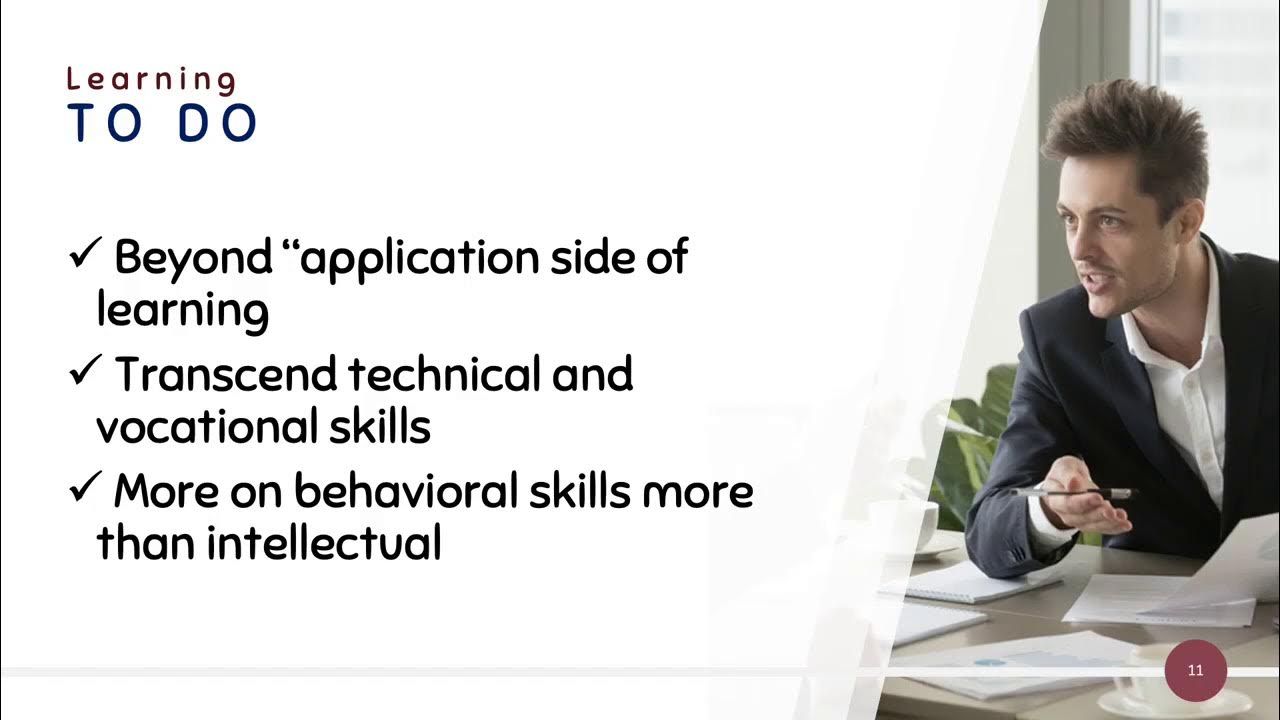Computer Scientist Answers Computer Questions From Twitter
Summary
TLDRIn this engaging session, Professor David J. Malan from Harvard addresses various questions about computer science, covering topics such as the rapid functioning of search engines through distributed computing, the impact of AI on programming jobs, and the workings of microchips and binary coding. He explains concepts like cloud computing, firmware, and the evolution from Web 1.0 to Web 3.0, emphasizing the collaborative nature of technology. Malan underscores that while computers are becoming more powerful, user expectations continue to rise, creating a dynamic landscape in the tech world. This informative discussion enhances understanding of core computing principles.
Takeaways
- 🌍 Search engines like Google and Bing rely on distributed computing with thousands of servers around the world to deliver fast results.
- 🤖 AI is not expected to fully replace computer programming jobs; instead, it enhances productivity and allows for more complex problem-solving.
- 🔌 Microchips on a motherboard perform various functions, including interpreting signals, performing calculations, and storing information.
- 📚 A computer science education covers more than programming; it includes mathematics, networking, graphics, artificial intelligence, and more.
- 🔢 The internet is built on layers of abstraction, starting from binary code (zeros and ones) to represent everything from numbers to colors and images.
- ⚡ Binary coding is favored over trinary because it's simpler to implement and less prone to errors in electrical signals.
- 🔄 Restarting a computer resets everything to its original state, often resolving bugs or unexpected software behavior.
- 💻 The best operating system depends on personal preference and specific needs; there is no one-size-fits-all solution.
- 💵 Although computer parts are getting cheaper, rising consumer expectations mean that overall prices for computers remain high.
- ☁️ Cloud computing allows users to access powerful servers owned by companies like Google and Microsoft, providing a scalable solution for storage and processing needs.
- 🔄 Firmware is a type of software built into hardware, essential for device operation and can often be updated to improve functionality.
Q & A
What is the main reason search engines like Google and Bing can return results so quickly?
-Search engines utilize distributed computing, which involves thousands of servers worldwide working simultaneously to retrieve and compile search results.
Will AI replace computer programming jobs in the next 5 to 10 years?
-No, AI is expected to enhance productivity rather than replace programmers, as it allows for more efficient problem-solving and aids in handling complex tasks.
What is a microchip, and what role does it play in a computer?
-A microchip is a small electronic component on a motherboard that processes signals, performs calculations, and stores data, with the CPU being the primary microchip acting as the computer's brain.
What do computer science students study in addition to programming?
-Students typically study a variety of subjects, including mathematics, network fundamentals, graphics, and artificial intelligence concepts, focusing on problem-solving rather than just coding.
How does binary coding contribute to the functioning of the internet?
-Binary coding (zeros and ones) serves as the foundation for representing data types, which can be layered to build complex structures that facilitate internet communication.
Why is binary preferred over ternary systems in computers?
-Binary systems are simpler to implement and more robust against errors, making them less prone to misinterpretation compared to ternary systems.
Why do users often hear 'Have you tried restarting?' as a troubleshooting suggestion?
-Restarting a computer clears temporary memory and resets the system, resolving many software bugs caused by unexpected states or user interactions.
What factors influence the choice of operating systems for users?
-The choice often depends on personal preference and the specific applications needed, rather than one operating system being objectively better than others.
What explains the high cost of computers despite cheaper components?
-Although parts may be less expensive, increasing consumer demands for enhanced performance and capabilities keep overall prices high.
What is cloud computing and how does it work?
-Cloud computing allows users to access and utilize servers owned by companies like Google or Microsoft, effectively renting resources instead of relying solely on personal hardware.
What is the difference between firmware and software?
-Firmware is a type of software that is built into hardware, essential for its operation, and while it can often be updated, it is generally more closely integrated with the physical device than typical software.
Outlines

This section is available to paid users only. Please upgrade to access this part.
Upgrade NowMindmap

This section is available to paid users only. Please upgrade to access this part.
Upgrade NowKeywords

This section is available to paid users only. Please upgrade to access this part.
Upgrade NowHighlights

This section is available to paid users only. Please upgrade to access this part.
Upgrade NowTranscripts

This section is available to paid users only. Please upgrade to access this part.
Upgrade NowBrowse More Related Video

CS50 REVIEW In 2025 - Still the best Computer Science Course to Learn? (Harvard, edX)

How to Use ChatGPT to Summarize YouTube Videos for Free

CSAIL 20/60 Anniversary Celebration, Prof. David Bau - Big Questions and Terrifying Tea

Harvard Professor Explains Algorithms in 5 Levels of Difficulty | WIRED

Atitudes que te fazem ser uma pessoa melhor e admirada | Rei Davi | Café com Destino #99

4 Pillars of Education
5.0 / 5 (0 votes)